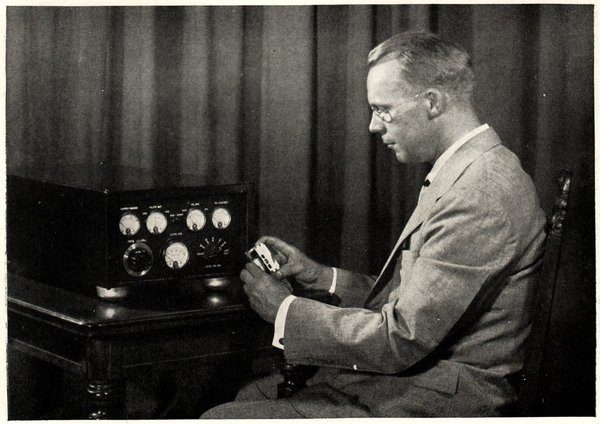Time for everyone
This post was written by David Rooney
In 1947, the British chronicler of timekeeping, Donald de Carle, wrote the following tribute to American engineer Warren Marrison: ‘it is to him we are indebted for the most accurate timekeeper in the world.’
Marrison worked at the Bell Telephone Laboratories with J.W. Horton. And in 1927 they had made the first quartz clock. It was a game-changer.

The electric clock pioneer Frank Hope-Jones sought to calm fears about the new technology, explaining in 1944 that ‘There is no reason to be afraid of the quartz clock. The trick whereby the vibration of a resonator can be maintained by a vacuum tube – the triode valve of our radio set – is easily learnt.’
He was right. By the end of the Second World War, Britain’s national timekeeping service was based on quartz clocks and today the technology underpins most modern time measurement.
But I think the quartz clock was more than just a new technology. It was one of a series of twentieth-century innovations that represented a new scientific politics, presented publicly as an alternative to nationalism that was ripping the world apart at the time.
If you want to know more, and to contribute to the debate, you might be interested in ‘Time for Everyone’, an international symposium being held at the California Institute of Technology, Pasadena, CA, on 7 – 9 November this year. I’ll be there speaking about quartz clocks and the public politics of science, but if that’s not to your taste, you’ll also be able to hear other AHS speakers including Chris McKay, Jonathan Betts and James Nye, as well as a host of fabulous presenters from around the world.